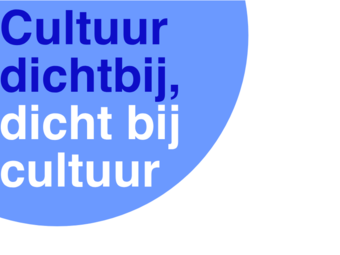Dutch cultural policy ‘Culture Closer to Home’ presented
May 13th, 2019In April 2019 the Dutch Council for Culture presented its recommendations for the national cultural policy 2021-2024. This general report is partly a synthesis of the ten sectoral advices that were published earlier, among which the policy advise for the music sector that was published in 2017. The new policy strives to enhance the position of popular music, both artists and the stagers of pop music (venues and festivals).
The key recommendation in the advice is to make culture in The Netherlands more inclusive. Not only inclusive for audiences but also for artists, suppliers and for society in general. To achieve these goals, four priorities are defined: (1) The renewal of the cultural offering (e.g. openness to new forms, new genres), (2) A greater scope for development, creativity and specialization (e.g. more funding for cross-overs and ‘testing grounds’, redefining talent development), (3) A more inclusive policy, a wider reach (e.g. lower the cultural threshold, better education, broader cultural supply) and (4) A vibrant employment market in the cultural sector (e.g. the Fair Practice Code).
Furthermore the Council recommends a new system of governance for culture. In this new system there is distinction between basic facilities, chain-facilities and high-level facilities. The governance of these facilities has been assigned to approximately 11 new city cultural regions. The high-level facilities will be funded from the nationwide Basic Cultural Infrastructure System (BIS).
This new policy seems to be in favor of the (live) pop music ecologies. Pop music is literally mentioned as a genre to which cultural policy should be widened. Both artists and stagers of pop music are likely to benefit from this development. Another trend break is the growing appreciation for cultural festivals. The report proposes a multiplication of the number of festivals to be funded within the BIS.
The English summary of the report Culture Closer to Home can be found here.
The Dutch version of the full report can be found here.
